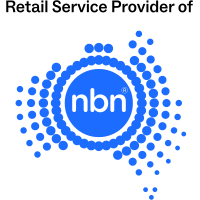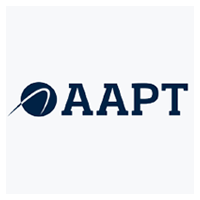Waste Management Plan
Introduction
Telair is committed to reducing its environmental footprint by implementing effective waste management practices. Our Waste Management Plan outlines our strategies for minimising waste generation, promoting recycling and reuse, and ensuring the safe disposal of waste materials in compliance with all relevant regulations.
Objectives
- Minimise Waste Generation: Reduce the volume of waste produced through efficient use of resources.
- Promote Recycling and Reuse: Encourage recycling and reuse of materials to conserve natural resources.
- Ensure Safe Disposal: Safely dispose of waste materials in compliance with legal and environmental requirements.
- Continuous Improvement: Regularly review and improve waste management practices to enhance environmental performance.
Key Strategies
- Waste Minimisation
- Resource Efficiency: Optimise the use of materials and resources to reduce waste at the source.
- Process Improvement: Implement processes that minimise waste production, such as lean manufacturing techniques and digital solutions to reduce paper usage.
- Waste Segregation and Recycling
- Segregation at Source: Separate waste into categories (e.g., recyclables, non-recyclables, hazardous waste) at the point of generation.
- Recycling Programs: Establish and maintain comprehensive recycling programs for materials such as paper, plastics, metals, and electronic waste.
- Employee Engagement: Educate and engage employees in recycling initiatives through training programs and awareness campaigns.
- Reuse Initiatives
- Material Reuse: Identify opportunities to reuse materials within operations, such as repurposing packaging materials or refurbishing equipment.
- Partnerships: Collaborate with other organisations and suppliers to promote the reuse of materials and products.
- Safe Disposal Practices
- Hazardous Waste Management: Ensure hazardous waste is identified, segregated, and disposed of according to regulatory requirements.
- Compliance: Adhere to all local, state, and federal regulations concerning waste disposal, including documentation and reporting.
- Monitoring and Reporting
- Tracking Waste Generation: Maintain records of the types and quantities of waste generated and recycled.
- Performance Metrics: Establish key performance indicators (KPIs) to monitor waste management performance.
- Regular Audits: Conduct regular waste audits to identify areas for improvement and ensure compliance with waste management policies.
- Continuous Improvement
- Review and Update: Regularly review and update the Waste Management Plan to incorporate new technologies, regulatory changes, and best practices.
- Feedback Mechanism: Implement a feedback mechanism for employees and stakeholders to provide suggestions for improving waste management practices.
Implementation Plan
- Roles and Responsibilities
- Management: Provide leadership and allocate resources for the implementation of the Waste Management Plan.
- Environmental Team: Develop and oversee waste management programs, conduct training, and ensure compliance with regulations.
- Employees: Participate in waste segregation, recycling programs, and adhere to safe disposal practices.
- Training and Awareness
- Employee Training: Conduct regular training sessions on waste management practices, including proper segregation, recycling, and disposal procedures.
- Awareness Campaigns: Launch awareness campaigns to promote waste reduction and recycling among employees.
- Resources and Infrastructure
- Recycling Stations: Install recycling stations and bins at strategic locations within the workplace.
- Waste Collection Services: Engage certified waste collection services for the proper disposal of recyclable and non-recyclable waste.
- Evaluation and Reporting
- Annual Review: Conduct an annual review of the Waste Management Plan to assess its effectiveness and make necessary adjustments.
- Reporting: Provide regular reports on waste management performance to senior management and relevant stakeholders.
Conclusion
Telair is committed to implementing effective waste management practices that reduce our environmental impact, promote sustainability, and ensure compliance with all relevant regulations. Through continuous improvement and active participation from all employees, we aim to achieve our waste management objectives and contribute positively to environmental sustainability.










